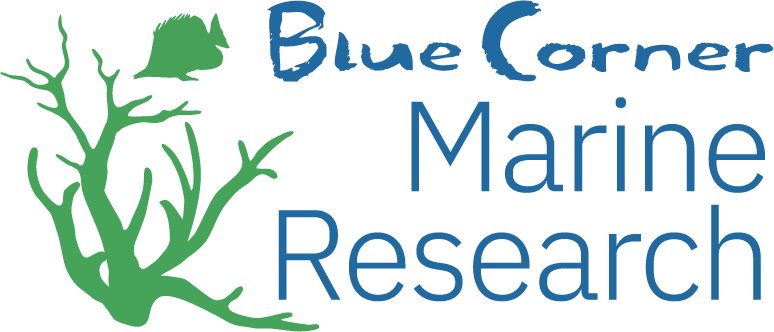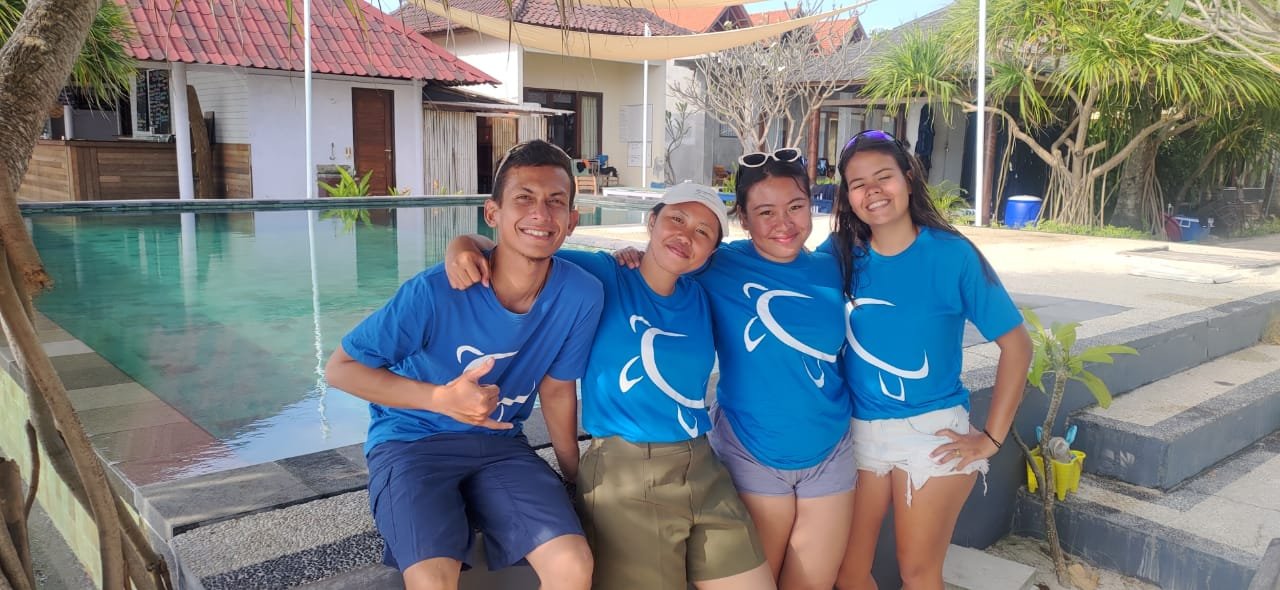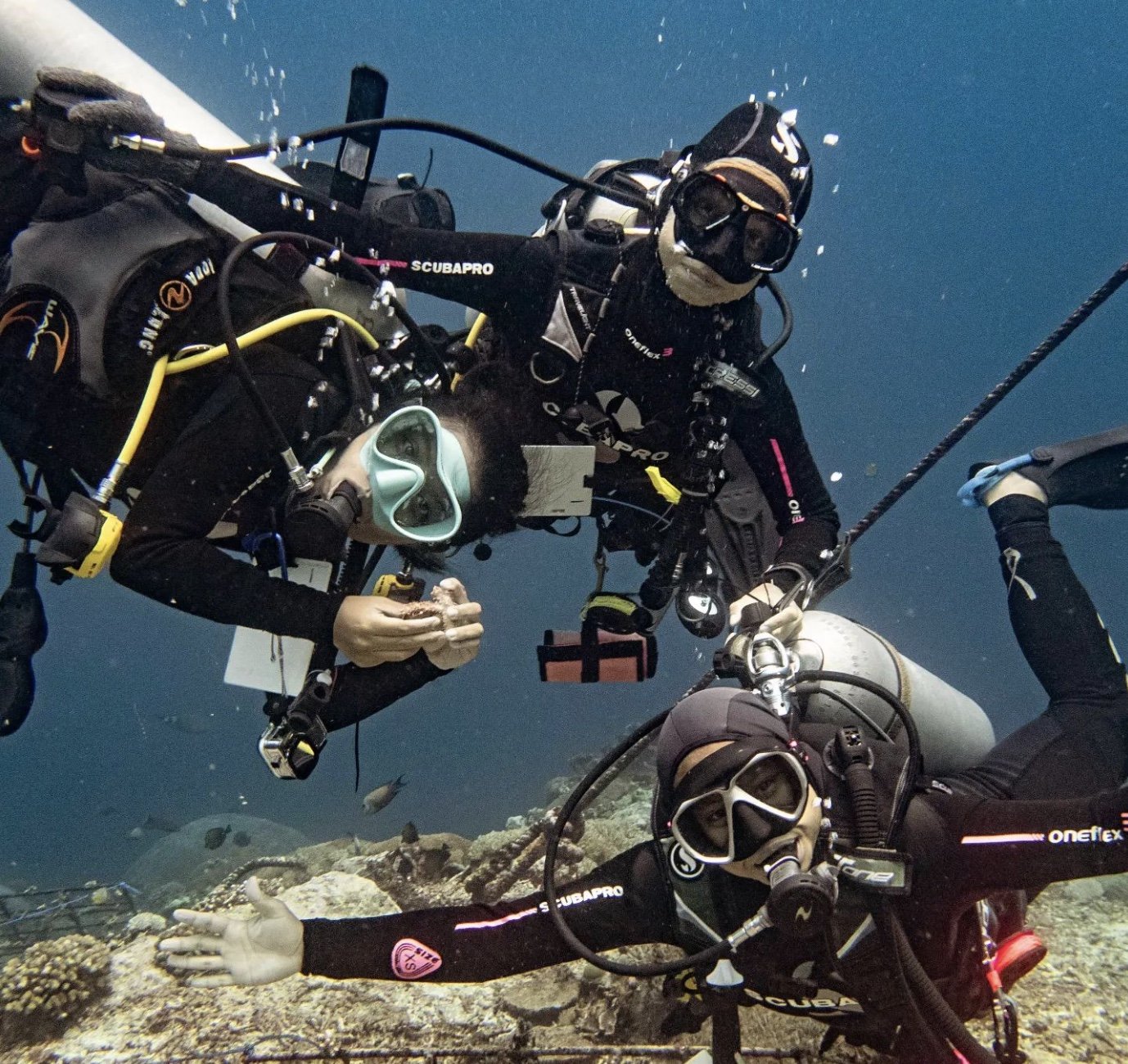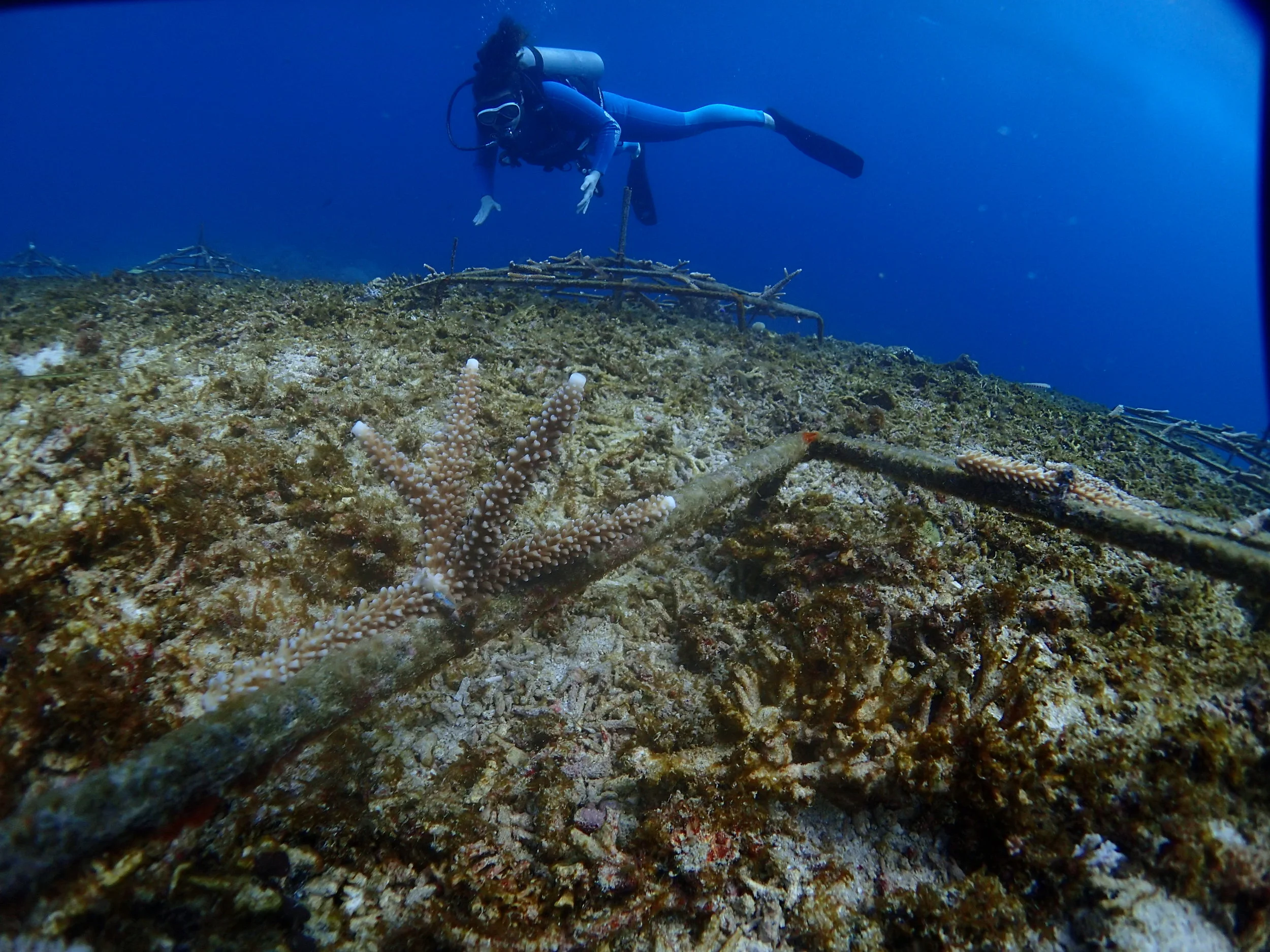By now, most people know that coral reefs are under a severe ecological threat, mostly attributed to human activity. Climate change, overfishing, runoff and sedimentation are all menacing coral reef ecosystems’ ability to survive.
In the past year, we have seen great suffering from the Earth’s reefs. The obituary posted for the Great Barrier Reef brought international attention to the devastating mass bleaching in the largest living organism on the planet. But we are also collectively aware that if we continue ‘business as usual’, the Great Barrier Reef won’t be so great anymore.
Coral reefs are the building blocks of the ocean. They house tremendous biodiversity and produce provide us with bountiful economic wealth; from tourism to fishing to protection from severe weather.
It is so critical we start thinking about these pressures in the long term and not for short-term benefit as not only the environment but many people’s livelihoods are at stake!
The good news. (Wait you mean there’s good news in this????) All of the earth's environmental and even humanitarian issues are connected. Threats seems to come from every angle, but so do the solutions. Innovative technology combined with scientists, activists and most importantly passionate, conscious everyday people are the driving force of the conservation movement and there is much we can do to switch paths on our way to a greener future!
There are many things that we can do to help. Here we’re going to discuss a couple of ways Blue Corner is involved with coral conservation! But first, a bit of background as to what the heck is going on down there.
Coral Reef Systems: #Biology101
As most of us divers know, corals are animals. They are invertebrates and belong to the family Cnidaria. Mostly found in shallow, low nutrient tropical waters, these animals can only survive in very specific water temperatures. They need abundant sunlight in order for the symbiotic phytoplankton in their tissues to harness and convert sunlight energy into food for the coral! Neat. (Sidenote: This is why we have such a high tourism value on coral reefs; who doesn’t love to swim through 25 - 30 degrees Celsius, stunningly clear turquoise water fish playground??!)
So what’s the issue and why are the greenies freaking out?
Climate Change
Most people nowadays have heard of the greenhouse gas effect; carbon dioxide and methane gases from burning fossil fuels and cow farts (yikes) are warming the atmosphere. Forests around the world, that usually act as carbon sinks, are being cut down for agricultural purposes needed to sustain the exponentially increasing human population (You can get a live update here). These excess gases are being absorbed by the ocean, both increasing Sea Surface Temperature (SST) as well creating more acidic oceans. And yes it’s happening because of human activity …. If you are in climate denial, please feel free to educate yourself here.
What does this mean for coral reefs?
Corals are amazing complex animals, yet exceptionally sensitive to changes in their surrounding environment. A change of 1 - 2 degrees Celsius in SST can cause coral bleaching; whereby the coral expels the nourishing phytoplankton living within its tissues. Repeated or sustained events of coral bleaching will result in the eventual death of coral … #notcool. Literally.
Overfishing
Is it estimated that by 2050, global fisheries may collapse due to current unsustainable fishing practices. Over 1 billion people rely directly on fish for their income and main protein source. Coral reef systems also rely on healthy fish populations as changes in the trophic system (where an organism sits in the food chain) can cause an overabundance of algae that smother reefs.
Shark fishing in Indonesia is a major threat to coral systems as sharks are vital apex predators to keep the reef fish in balance. There have been a few marine protected areas established in the area after a breakthrough in Manta Ray conservation, however many areas go unregulated and affect all levels of the oceanic ecosystem from the top predators to the macrofauna.
Runoff & Sedimentation
Remember, all rivers lead to the ocean. Agricultural land practices, including the use of pesticides and fertilisers, cause nutrient runoff into rivers and pollute our ocean systems. This increased amount of nutrients in our oceans lead to dead zones and algal blooms, which as we mentioned before, then smother reefs and cause reef mortality. Other threats include chemicals and pollutants in our everyday products, particularly sunscreens. These wash into and are absorbed by the ocean, all battering the reefs ability to withstand pressure (Stay tuned for more info about sunscreen + coral + what you can do to help next month!).












